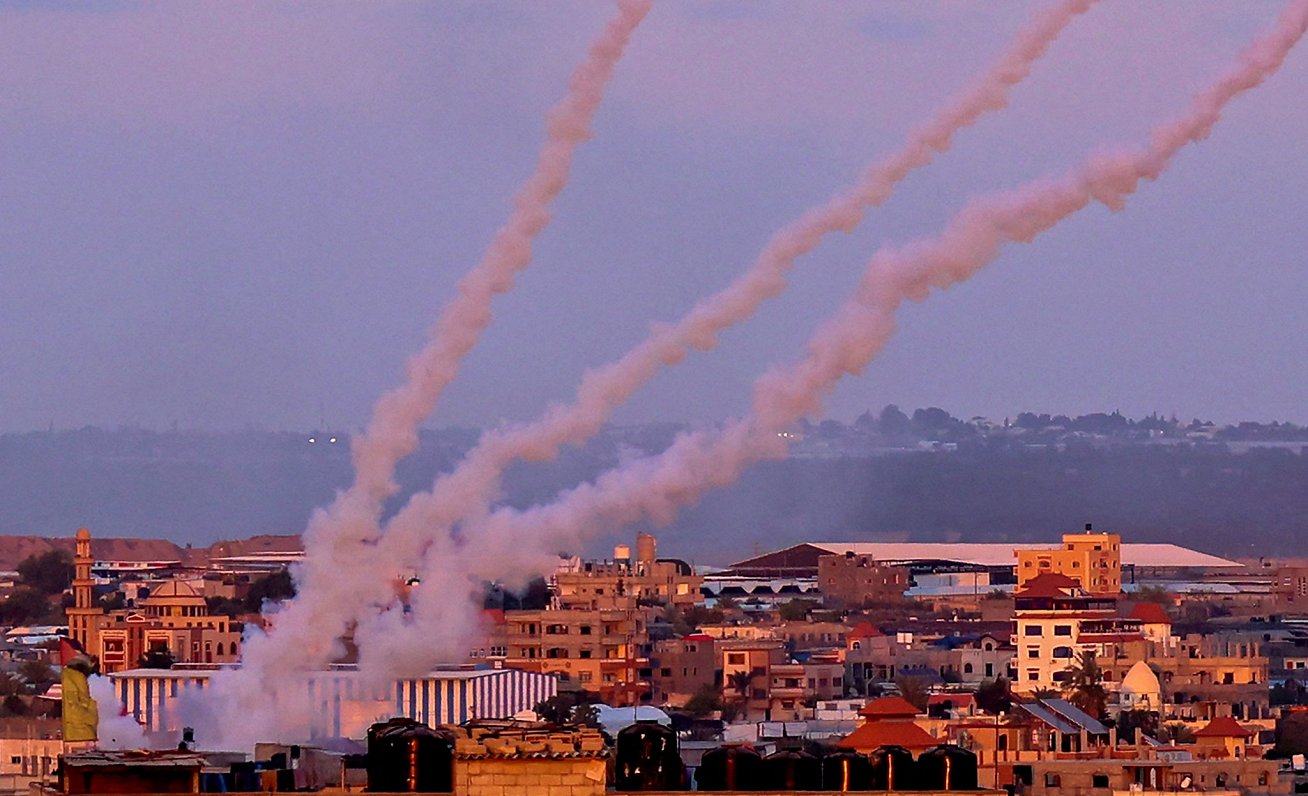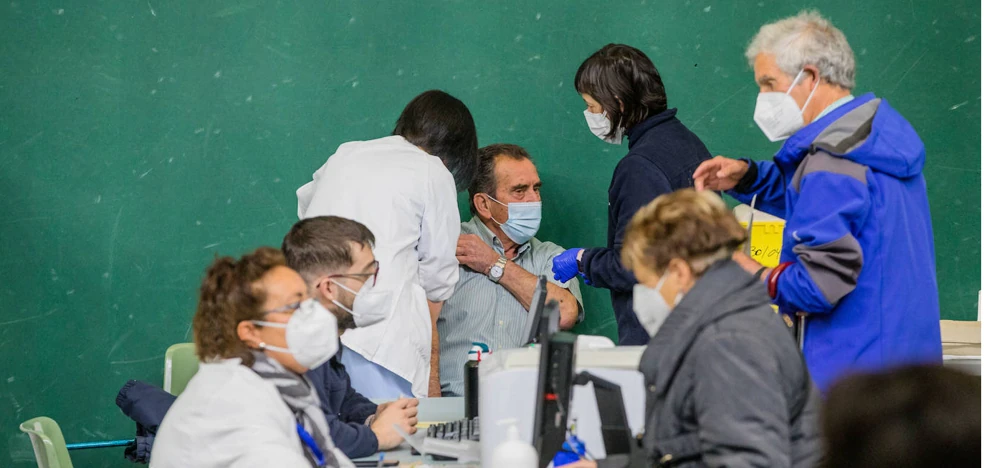Since last Monday, Palestinian militants from the Gaza Strip have been carrying out massive Israeli rocket fire, to which Israel has responded with airstrikes and artillery fire. The total number of victims is more than 200, but more than 1,000 have been injured. The international community is calling for restraint and an end to the violence, while the EU is negotiating with both sides and with diplomats from neighboring countries in an effort to reduce violence through diplomatic means. The situation remains fragile and its normalization remains difficult to judge. This is also acknowledged by some Latvians living in Israel.
Latvians living in Israel talk about the situation in the countryRihards Plūme00:00 / 05:44
—
The frequent noise of sirens shouting in Israel has been heard for a week now. The reason is the current Israeli-Palestinian confrontation, which this time has caused much more concern. It is not limited to air and missile bombings over the Gaza Strip and southern Israel, but the confrontation has also reached the streets of several Israeli cities and areas of Jerusalem.
At the time when Latvian Radio called Grigory Zilber, his eldest son, who was serving in the Israeli army, had recently returned home. “Just came to rest and fell. Just madness, what’s going on. Madness! Going a heavy war.”
Grigory Zilber’s family has been living on the Syrian-Lebanese border for 20 years. The situation there is not at all peaceful either. Missiles from both Lebanon and Syria were fired on Friday, only to be intercepted.
“Rockets fly from Lebanon to us in ten seconds. And in seven seconds you have to open the door and run into the bunker, because each house has its own bunker. We are also waiting for the army’s order to go to the bunkers. “
Grigory Zilber admitted that the Israeli side thought that the conference would not last long, but the conflict had been going on for a week. “We already thought they would fool us one day, but they beat all the cities from Tel Aviv to Eilat all week. They beat all the houses that are there and hit and killed ten people and many are injured and are chaos.”
At the same time, when Latvijas Radio is calling doctor of chemistry Larisa Golander, the television in her home has been turned on again. That’s how it is all the time to keep up to date. Larisa lives in Kfarsaba, near Tel Aviv. Latvian Radio talked to him on Monday, and Larisa pointed out that she had already become calmer and quieter. A couple of days ago, it was more restless, because the Sharon region, where the city is located, was shot.
“Sharon was treated several times, but we somehow had a moderate, five times anxiety. But in principle, they don’t bother us much,” Larisa Golander admitted.
She said the Israeli government was committed to continuing air strikes on the Gaza Strip to destroy weapons stockpiles, and that this position was to be welcomed. “Well, there are a lot of weapons and it’s all coming to us because we support it. We don’t want it anymore. It’s not the first time. We don’t want that situation anymore, because every time it starts, they shoot more and more. “We’d like it to go some way.”
Larisa Golander also emphasized that the international community generally supports the other side, saying that Israel should stop, but she does not agree. The Gaza Strip is being given a lot of money that is not being used for its own well-being, but to undermine Israel’s well-being.
According to Larissa Golander, the situation is gradually calming down and it will calm down, only to hope that the army will not go inside the Gaza Strip.
Latvian Radio also called Jakov Luft, who lives three kilometers from Jerusalem, about 100 kilometers from the Gaza Strip. Until his residence, the rockets did not fly, except once.
“Once they managed, a week ago, somewhere at 6 pm there was a siren here and about two minutes later two explosions. One rocket fell somewhere 3 kilometers from us. My son then worked in a restaurant about 300 meters from there. The other “The rocket fell 3 kilometers to the other side,” said Jakov Luftu.
About 90% of the missiles fired in the Gaza Strip are intercepted, while the rest mostly reach the nearest locations. The Palestinian movement Hamas, which rules in the Gaza Strip, has been preparing for this war and has invested heavily in missiles. Although the further course of the situation is difficult to predict, one thing is clear: if other times, when the conflict broke out, Israel gave in, then this time the situation is different.
“Israeli society is not ready to receive missiles from Gaza every three, four or five years. Society and the political system are, in fact, now ready to go to the end of this war,” said Yakov Luftu.
The tension has also increased on Ramadan, when the atmosphere is annoyed during this time every year. Then there are many Muslims in the mosques, who are easy to address, with calls to go to war against Israel. This year, it has succeeded in addressing the Arabs in Gaza and Israel. As Jakov Luftu emphasized, there have been two fronts in Israel in the last week. One of the fronts is the Gaza Strip, but the other problem is more serious, namely the riots between Jews and Arabs in recent weeks in and around Jerusalem.
“They cannot fight the Israeli army, but the unrest that is taking place in Israeli cities, they understand that it is a demoralization that is much stronger than missiles from the Gaza Strip,” said Yakov Luftu.
He acknowledged that Israeli society, convinced of its ability to deal with Hamas, was asking questions about another, much bigger problem that would go on with the Arabs living in Israel, who had to live side by side.
–


